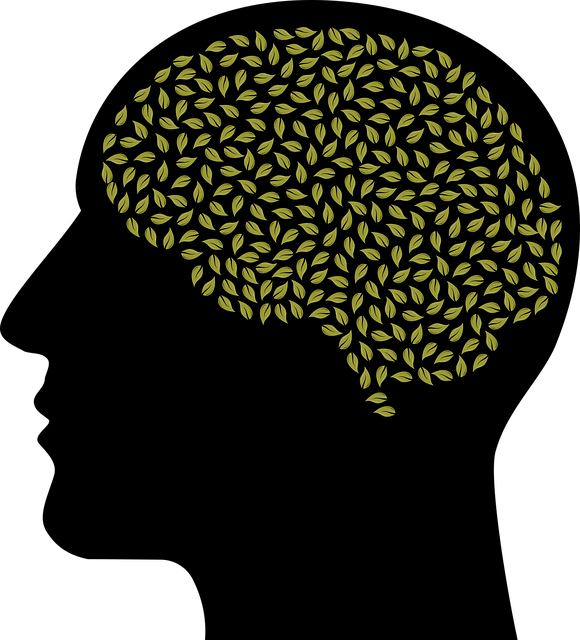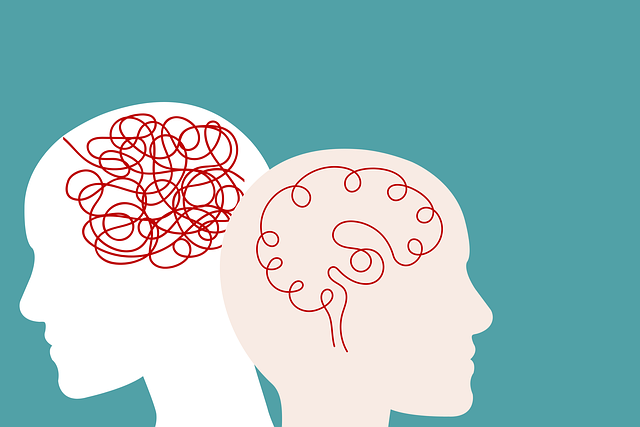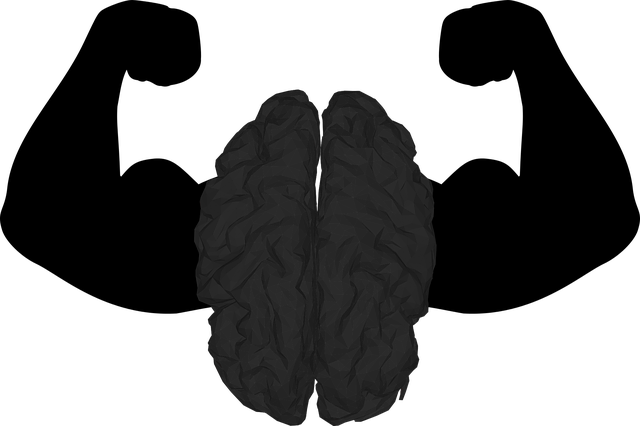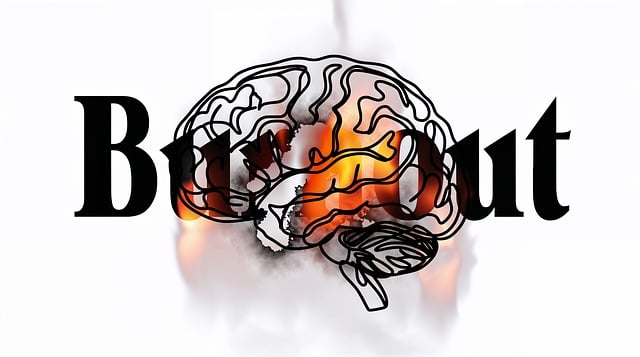Therapy for Children integrated with biofeedback techniques is an effective method to teach coping skills, enabling kids to manage emotions and challenges. Through interactive activities, therapists guide children to identify triggers, develop personalized coping mechanisms, and express feelings constructively. Biofeedback technology helps kids learn powerful relaxation techniques by monitoring physiological responses, reducing stress, preventing depression, and fostering emotional well-being. Incorporating fun coping practices into daily routines empowers children to independently apply self-care strategies throughout their lives. This holistic approach benefits mental health, enhances resilience, and paves the way for a more fulfilling life.
Coping skills development is a vital aspect of fostering children’s well-being. This comprehensive guide explores effective strategies, from understanding the foundational importance of coping mechanisms to practical applications like biofeedback therapy. We delve into how biofeedback equips children with relaxation techniques, offering a peaceful sanctuary within their daily routines. Furthermore, we highlight long-term benefits, showcasing how developed coping skills enhance resilience and navigate life’s challenges. Embrace these insights for a transformative journey towards empowered and adaptable youth.
- Understanding Coping Skills: A Foundation for Children's Well-being
- The Role of Biofeedback in Teaching Children Relaxation Techniques
- Practical Strategies: Incorporating Coping Skills into Daily Routines
- Long-term Benefits: Enhancing Resilience through Coping Skills Development
Understanding Coping Skills: A Foundation for Children's Well-being

Understanding coping skills is a foundational aspect for fostering children’s well-being. These skills enable kids to navigate life’s challenges, manage emotions, and cope with stressful situations in healthy ways. By learning effective coping strategies early on, children can build resilience and enhance their overall mental health. Therapy for Children plays a pivotal role in teaching these essential skills, offering tailored approaches like biofeedback to help them regulate their physical and emotional responses.
Mental Health Awareness and Education Programs Design are crucial components of this process. Through interactive activities and communication strategies, therapists guide children in identifying triggers, developing personalized coping mechanisms, and expressing feelings constructively. By equipping young minds with these tools, we empower them to lead happier and more balanced lives, setting the stage for a brighter future where they can confidently face life’s challenges head-on.
The Role of Biofeedback in Teaching Children Relaxation Techniques

Biofeedback is a powerful tool that plays a significant role in teaching children effective relaxation techniques and coping skills development. This therapy for children involves real-time feedback on physiological responses, allowing them to learn how to control their bodies’ reactions to stress. By using sensors attached to their bodies, kids gain an understanding of their heart rate, muscle tension, and breathing patterns, providing tangible ways to recognize and manage their emotions. Through biofeedback sessions, children can learn self-care practices such as progressive muscle relaxation and deep breathing exercises, which are essential for stress reduction methods and depression prevention.
Incorporating biofeedback into therapy not only equips children with valuable coping skills but also fosters a sense of autonomy and control over their emotional well-being. It empowers them to actively participate in their mental health journey, enabling them to apply these relaxation techniques independently. As they master the art of self-regulation, kids can better navigate challenging situations, promoting overall resilience and healthy habits that will serve them throughout their lives.
Practical Strategies: Incorporating Coping Skills into Daily Routines

Incorporating coping skills into daily routines is a powerful strategy for both children and adults to navigate stress and emotions effectively. For children, especially those undergoing therapy, it’s essential to make these practices fun and engaging. Incorporate activities like deep breathing exercises during playtime or mindful coloring sessions to help them process their feelings while enjoying the process. This approach not only fosters resilience building but also strengthens the bond between caregivers and children in therapy.
Additionally, tools such as biofeedback can be integrated into daily routines, teaching children to recognize and manage their physical responses to stress. Cultural sensitivity in mental healthcare practice is paramount, ensuring that coping strategies are tailored to each child’s unique background and experiences. Social skills training complements these efforts by equipping children with the ability to communicate their needs and emotions, further enhancing their overall well-being.
Long-term Benefits: Enhancing Resilience through Coping Skills Development

Coping skills development offers long-term benefits that extend far beyond the immediate situation. By equipping individuals with effective strategies to navigate challenging situations, it enhances resilience—a key factor in mental health and overall well-being. Children, in particular, can benefit from early intervention through therapy sessions incorporating biofeedback techniques. These methods teach them to recognize and regulate their emotional responses, fostering a sense of control over their internal experiences.
Over time, the positive effects trickle into various aspects of life. A strong coping mechanism contributes to better stress management, improves self-care routine development for better mental health, and boosts confidence in tackling future obstacles. Moreover, it can be instrumental in trauma support services, providing individuals with tools to process and overcome difficult experiences. This holistic approach not only empowers individuals but also paves the way for a more resilient and fulfilling life.
Coping skills development plays a pivotal role in fostering resilience and well-being in children. By integrating practices like biofeedback, which teaches relaxation techniques, parents and caregivers can equip kids with effective tools to navigate stress and adversity. Practical strategies that seamlessly incorporate these skills into daily routines ensure their longevity and impact. Ultimately, investing in a child’s coping skills development is akin to providing them with a robust therapy for life, enhancing their ability to thrive both now and in the future, especially in light of the world’s ever-changing dynamics.














